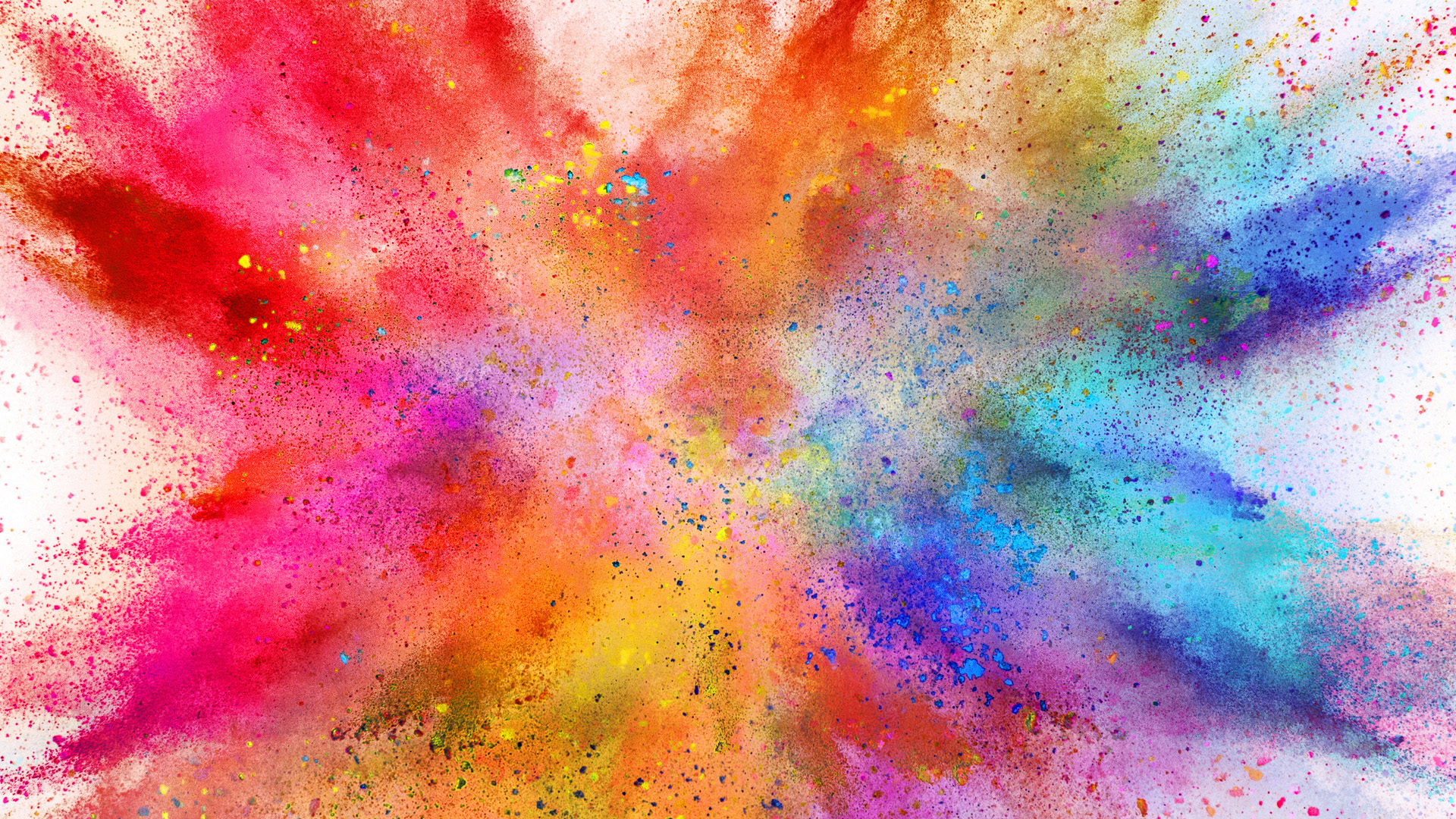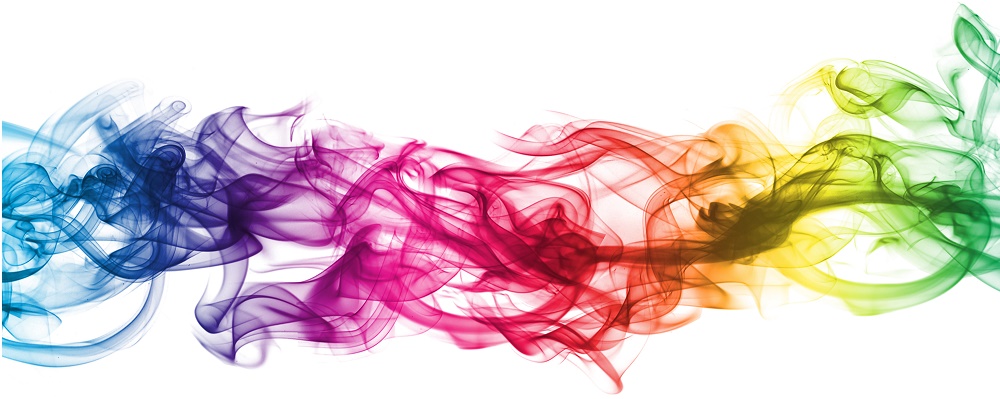
Publication
International arbitration report
In this edition, we focused on the Shanghai International Economic and Trade Arbitration Commission’s (SHIAC) new arbitration rules, which take effect January 1, 2024.


Australia | Publication | octubre 2023
This year, as part of World Pride, the NSW State Library held an exhibition called Pride (R)evolution, one of the largest LGBTQI+ exhibitions ever done in Australia, which told the stories of many of the movement’s pioneers, chronicling events largely from 1978 until the present.
Walking through the exhibition, it felt to me like I was reading about events and people at once very away from and deeply connected to me. I realised how extraordinary it was that these stories and lives had been preserved for so many years in private, to now be curated for a public audience. It also struck me how many of those people did not live to tell their stories themselves, and I wondered about those people whose stories weren’t able to be told for them – how would we hear their stories?
But gay rights didn’t start with the 78’er Mardi Gras riot. It started much earlier, and in Australia we are still uncovering and grappling with our history. For example, for many, Simon Cunich and Patrick Abboud’s investigative podcast series The Greatest Menace revealed for the first time that the NSW government sanctioned a homosexual prison at Cooma Gaol under Minister for Justice Reg Downing (who we have honoured with Sydney’s Downing Centre). Until the podcast was released, so many of these men’s stories were unheard. How many more will we never get to hear?
In the early to mid-2010s, I felt fearful when coming out – of being accepted and loved the same way I had been before – but never had any fear of repercussions outside of the reaction of my family. The marriage equality referendum was my first experience of my story being out of my control and highlights the importance of agency that Mike also touches on: queer people need to be given the opportunity to tell their stories when and how they like, and to feel safe while doing so.
I am so lucky to have grown up in the 2000s and 2010s, in Sydney, with wonderful parents. I met queer friends at school and university, including my partner. I am so privileged to be able to look at the Pride (R)evolution exhibition and listen to The Greatest Menace and consider it history. I’m lucky that I can watch the new Wham! documentary on Netflix and know I’ll never feel like I have to hide as George Michael did. I am so lucky that so many queer people over the past century have fought for our rights so that I can have such a luxury. That is what Pride means to me – it is a celebration of who we are, and of how much our community has achieved.
Pride means pride in those who came before me and have created spaces for me to walk hand-in-hand with my partner, Ruth, to boast about her to colleagues at work, to marry her, and for this to be completely normal and unremarkable. At 60 Martin Place, there was a wonderful exhibition of Kylie Washington’s artwork to celebrate Pride this year, organised by our building manager. Ruth and I met Kylie and her wife and bought two of her paintings. It struck me how rare in history it is that I am able to meet queer people that have the kind of future I want for myself. The paintings have pride of place and are beautiful, small, everyday celebrations of queerness and queer joy.
Around the same time, a fellow lawyer and friend from France visited me in Sydney, including at our office. She remarked at how much the Sydney corporate world seemed to engage in the celebration of Pride – in France, she would be surprised to see any rainbows and posters around her office. I agreed but struggled to articulate the complexity of how pride is shown in corporate spaces – this is something I know Mike also grappled with when he joined the NRF Pride Committee over 20 years ago.
There are of course also divisions, prejudices and tensions between our own community. I have struggled with being queer in spaces that only leave room for straight people, gay men and lesbians and no one anywhere else on the queer spectrum. Internalised queer phobias are also still rife. Queer spaces that aren’t inclusive simply perpetuate the same systems we are trying to oppose.
I joined the Pride committee because I wanted to be a part of this continuing shift towards inclusion and believe it is important that queer people drive this work. I am grateful to be a part of our network and hope that in sharing my experience here I can also be a champion for our community.
When NRFA launched its Pride Network in 2013, it felt to me like we had clearly moved on from the old mindset that we should “leave our personal lives at home” and that sexual orientation was something to be hidden. This was a significant turning point in my personal and career development - it was an opportunity for me to write my own story with greater confidence.
Turning back to 1990: I was sixteen years old, and George Michael’s Listen without Prejudice Volume 1 was released and became the soundtrack to my life. Violence against gay men throughout Sydney was commonplace and often ignored by police and the popular sentiment was that gay men were fair game. Gay sex had only been decriminalised six years earlier.
In my early twenties I would consciously filter out career choices that might expose my personal life or which would invite judgement because of my sexuality, but gradually things changed. I can’t really pinpoint when things changed, because as always, these things happened gradually - the world around me changed and I changed too.
By the late 1990s I had left home in the Sutherland Shire, graduated from university, and was practising law.
By 2005 I had met my partner, Dave – the person who most makes me feel at ease with myself - and in 2010 we were set for a big adventure. Friends of ours had been to Singapore and Dubai and to London. Some talked about New York. Dave’s sister spent time living in Mexico City, Shanghai and Beijing.
We went to Perth. In fact, we drove there and there’s this point as you cross the Perth Hills when you first glimpse Perth. And it’s still a long way away. And between you and Perth there’s this vast, flat, post-apocalyptic expanse. And in the far off distance there are what appear to be 2 or 3 high rise buildings - and that’s Perth.
For 2 gay guys from Kings Cross, it was like a remoter version of the Sutherland Shire I had fled in my twenties. But in the end, Perth surprised us for its tolerance, its small wine bars, its endless summer sunshine and its endless winter rain.
The 2017 marriage equality debate was another opportunity for me to be part of the activism, from which I have also benefited. There was a time when marriage equality was not on my agenda. I didn’t think then that our relationships were less deserving of social recognition, but I didn’t crave that for myself. But the younger members of our community showed me the value of marriage equality, and I am very proud of the work our Pride Network did at changing attitudes within our firm.
And this is why pride remains important. The language and laws that were my reality in my youth remain the reality for trans and queer youth today. Our own Pride Network and our broader community still faces these challenges. We still need to do much more to listen to a more diverse range of voices – particularly from those who identify as lesbian, bisexual, transgender and intersex. Eternal vigilance remains the price of the progress we have made and rather than leaving that part of ourselves at home, we should embrace it in everything we do.
Our jobs are such a complex cocktail of the work we do, the relationships we form with clients and our colleagues, and the personality we bring to the culture of a workplace. I simply couldn’t do that while wearing a disguise, and I want be part of creating a space at NRF where we do not feel confined to disguises – where we can be proud of who we are.
The founding of Pride at NRF 10 years ago signalled the shift in culture and outward expression of acceptance and support of our community at the firm, and creating that safe space for everyone who walks through our doors. While it has different significance for original and newer members, Pride is both an enduring reminder of all our reasons to celebrate our differences, and is a constant vehicle for advocacy.
We thank the members of our own internal Pride community, including those instrumental in establishing and building out the Pride Network at NRF – those who are no longer with NRF, Shaun Temby, Stuart Kollmorgen, Jacques Jacobs, and current leaders Josh Henderson and Mike McKee – and also those at NRF who celebrate and advocate in more quiet ways every day.


Publication
In this edition, we focused on the Shanghai International Economic and Trade Arbitration Commission’s (SHIAC) new arbitration rules, which take effect January 1, 2024.

Publication
On September 18, 2024, the "Decree amending the list that sets forth goods whose import and export are subject to regulation by the Ministry of Energy" (the "Decree") was published in the Federal Official Gazette.

Publication
On September 18, 2024, the "Decree amending the list that sets forth goods whose import and export are subject to regulation by the Ministry of Energy" (the "Decree") was published in the Federal Official Gazette.
Subscribe and stay up to date with the latest legal news, information and events . . .
© Norton Rose Fulbright LLP 2025